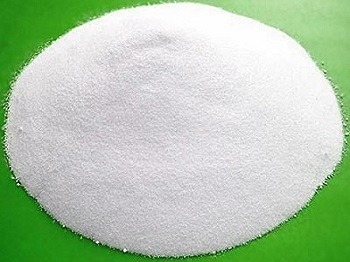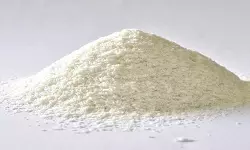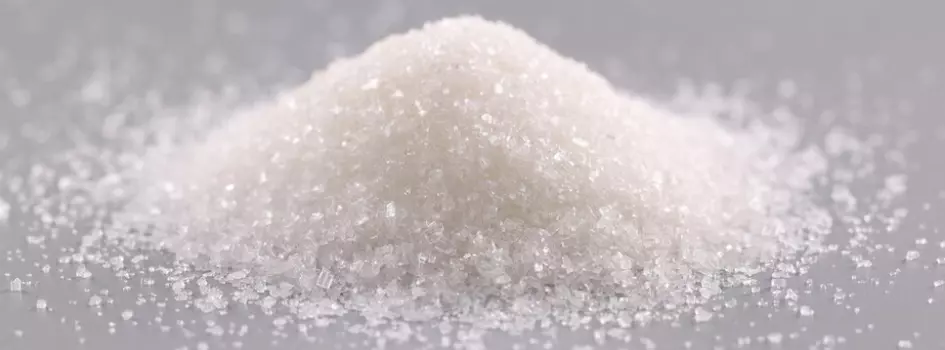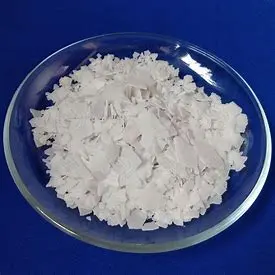Ammonium Nitrate
|
IUPAC Name |
: Ammonium Nitrate |
|
Cas Number |
: 6484-52-2 |
|
HS Code |
: 310230 |
|
Formula |
: NH4NO3 |
Basic Info
|
Appearance Name |
: White Solid |
|
Common Names |
: Ammonium Nitrate |
|
Packaging |
: 25 Kg Bag |






